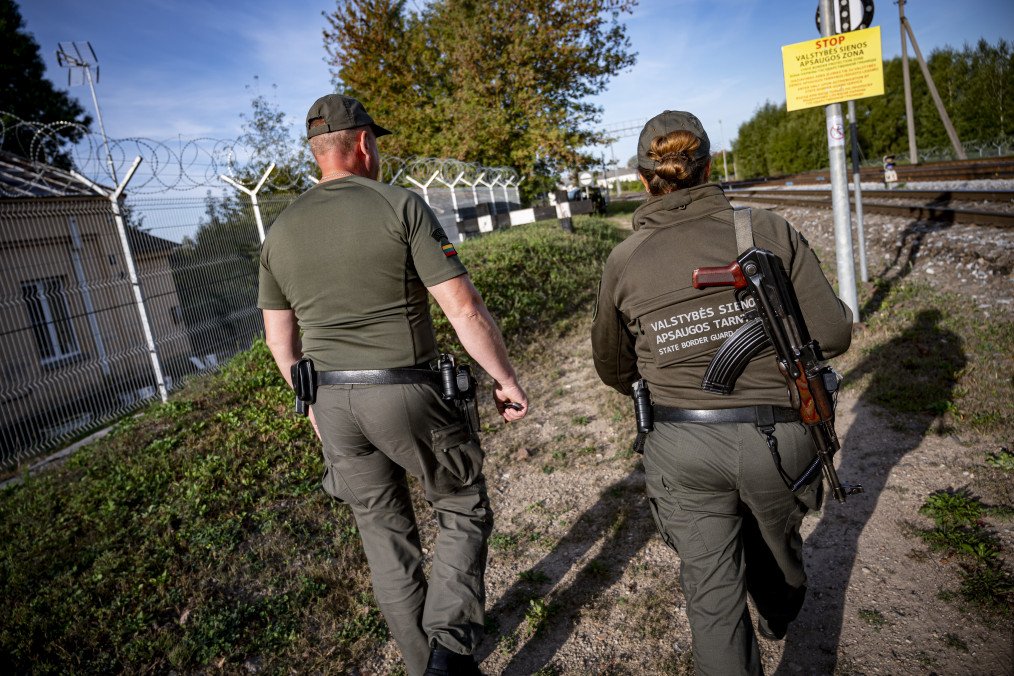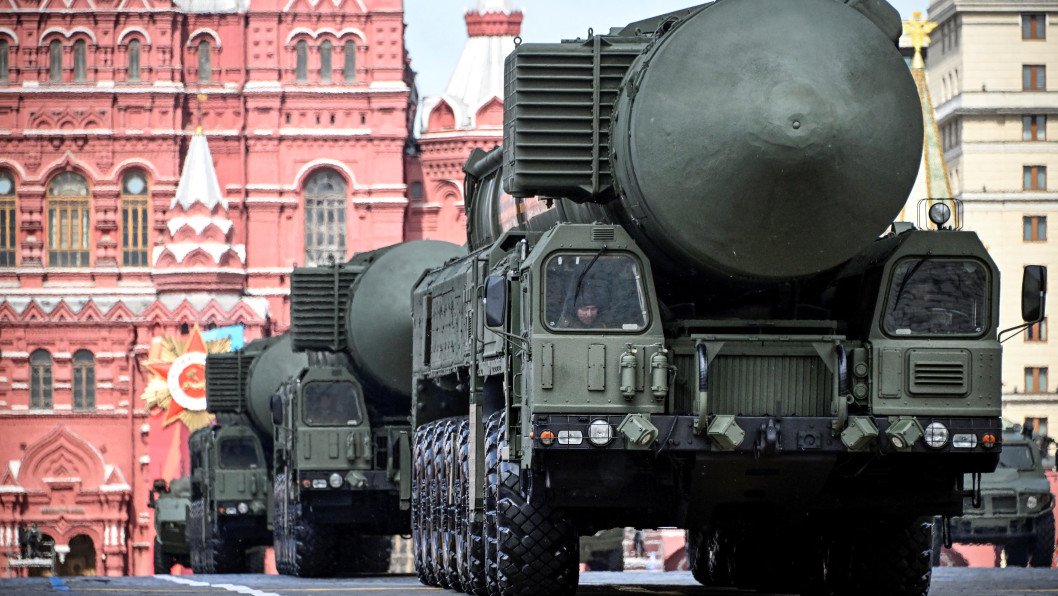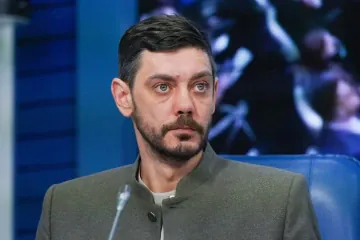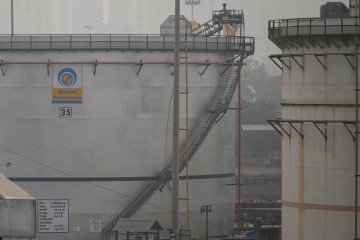- Category
- Latest news
Lithuania to Boost NATO Defense With New Weapon Route Through Suwałki Gap to Counter Potential Russian Threat

Lithuania is constructing a second transportation route for weapon deliveries from Poland to secure the Suwałki Gap, a vital NATO point that Moscow has repeatedly claimed would benefit Russia by linking Belarus to Kaliningrad, as reported by Politico on April 18.
The Suwałki Gap will be upgraded to protect against potential Russian attacks on EU and NATO countries, said Lithuanian Deputy Defense Minister Tomas Godliauskas in an interview with Politico.
“Especially in the Suwałki area, there are talks about new protections along the borders with Kaliningrad and Belarus,” Godliauskas said.
One of the two main roads between Lithuania and Poland will be prepared for military use, primarily for transporting military equipment and troops, as the second road already serves dual civilian and military purposes. Additionally, new border security measures are planned, including checkpoints and blocking systems such as cement barriers.
The Suwałki Gap is a sparsely populated 100-kilometer stretch of forested plain that links Poland and Lithuania, bordering Belarus on one side and the Kaliningrad region on the other. It is considered one of NATO's most vulnerable points and serves as a vital land corridor for the Baltic states, connecting them to the rest of the alliance.
“Finland and the Baltic states depend to almost 100% on the maritime supply routes through the Baltic Sea. Should the Suwałki Gap be blocked – and this can be done easily as there are only two roads and one railroad line - then we are left with the sea routes only, and that’s where we will then have to make our way through,” said Vice-Admiral Jan Christian Kaack, commander of the German Navy, ahead of last year’s Baltic Sea exercises, which simulated responses to a Russian invasion, as reported by Reuters.

The goal of the efforts being implemented by Lithuania and Poland is to improve transportation logistics, facilitate troop movements, and potentially evacuate civilians in case of war.
“It’s just one more option to ensure better logistics in times of need,” said Godliauskas.
In January, the head of the State Duma’s Defense Committee, Andrey Kartapolov, commented on the Suwałki Gap, suggesting it could be useful for Russia to ensure convenient supply to the Kaliningrad region. He claimed that Lithuania’s army is “one of the weakest in the world” and would not withstand a confrontation with Russia for even a day.
Following the Wagner Group’s rebellion, Kartapolov remarked that the group’s fighters had been sent to Belarus to prepare “a strike force that could take this unfortunate [Suwałki] Gap in a matter of hours.”
“This corridor is very important to us in case of need,” Kartapolov added.
Lithuania’s efforts to strengthen the corridor are part of a European initiative to invest in dual-use infrastructure. Similar upgrades are being carried out by countries like Spain, Belgium, and Slovakia. According to European Commissioner for Defense Andrius Kubilius, the EU will need to spend at least €70 billion to urgently adapt rail, road, maritime, and air routes for military purposes.
Previously, the Parliament of Lithuania approved a legislative amendment reinforcing national sanctions against citizens of the Russian Federation and the Republic of Belarus, introducing a new legal provision enabling the revocation of residence permits for Russian nationals who maintain repeated travel ties with their countries of origin.
-c6522ae9e5320af1cc92504c0aaa1b34.png)


-111f0e5095e02c02446ffed57bfb0ab1.jpeg)



-72b63a4e0c8c475ad81fe3eed3f63729.jpeg)